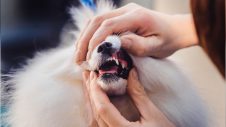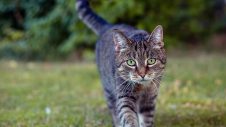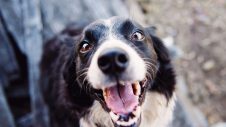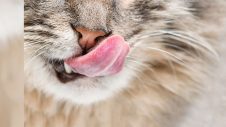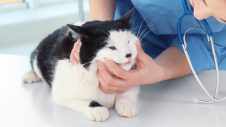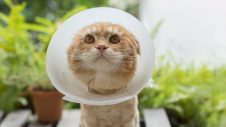Dental procedure
Your dog or cat has had a professional dental treatment under a general anaesthetic where their teeth were examined in detail, scaled and polished.
If your pet has had any teeth extracted in addition to the teeth cleaning, then you must take extra care to ensure the wound heals correctly. Do not look in your pet’s mouth until after you have taken them for a follow up visit at your local Greencross Vets and they have confirmed that the wounds have healed. Whether or not your dog or cat has had an extraction, please book in a complimentary post-dental checkup 10-12 days after the dental procedure has occurred.
Medication
Pets who have undergone a tooth extraction will likely have been administered an anti-inflammatory injection for pain relief. Your Greencross Vet may also provide you with additional medication for ongoing pain relief at home.
Provide your pet with any medication exactly as your Greencross Vet has prescribed and contact your local clinic immediately if you have trouble feeding your pet the medicine.
Rest and exercise
Make sure you have a comfortable and quiet area prepared as your pet will likely want to rest when they return home. The anaesthetic typically wears off after a few hours though it can last overnight. If your pet is still drowsy and sedate 24 hours after the procedure, contact your Greencross Vet for advice. Do not hesitate to call earlier if you are concerned.
Food and water
If no teeth were extracted, your dog or cat can be fed their typical amount of food and water though they may experience a lack of appetite until the anaesthetic wears off.
For pets that underwent a tooth extraction, please only feed them chunky meat or soft food for the next 10-12 days. Do not feed them any dry food, bones, rawhide or give them any chew toys as these will damage or even tear the sutures your vet has placed in your pet’s mouth.
If your pet is not eating, is rubbing at their mouth or showing other signs of pain in the first few days after the surgery, please get in touch with your Greencross Vet.
Dental disease prevention
This dental procedure will remove the current buildup of plaque and tartar on your dog or cat’s teeth. To prevent more plaque, and hence tartar from accumulating on your pet’s teeth in the future, ask your vet for advice on implementing a dental home care routine. This may involve regularly brushing your pet’s teeth, feeding them dental treats or specially formulated dental foods which promote good teeth hygiene by assisting with plaque reduction.
Warning signs to look out for
Call your Greencross Vets clinic immediately for advice if:
- you notice swelling or bleeding around the wound area
- your dog or cat is not responding to treatment as you feel they should be
- you have any questions about your pet’s health at all

 Greencross Vets
Greencross Vets 